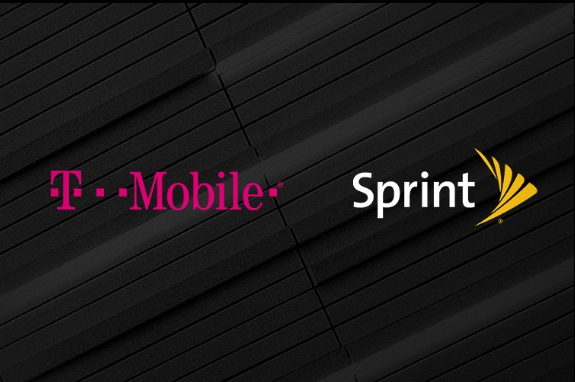
The US Department of Justice conditionally approved the merger between Sprint and T-Mobile. As a result, the biggest barrier to management integration between Sprint and T-Mobile has disappeared.
After the merger between Sprint and T-Mobile, T-Mobile is planning a new name. Through the consolidation, SoftBank’s stake will drop to 27.4% and will be removed from the consolidation target. Management consolidation between the two companies has emerged frequently since Softbank acquired Sprint in 2013. Initially, Sprint took over T-Mobile in 2014, but at the time, the FCC under the Obama administration expressed difficulty in becoming an oligopoly and had to give up.
Following the change to the Trump administration, negotiations for the integration of the two companies resumed in April 2017, but there was a conflict between SoftBank and T-Mobile parent company Deutsche Telecom over the leadership after the integration, and it was abandoned in November of the same year. The third negotiation began in January 2018, and the integration was decided only in April of last year in the form of concessions by Softbank.
Over the course of a year again, it was barely able to obtain regulatory approval this time. The reason the U.S. regulatory authorities did not approve the merger is that Sprint and T-Mobile are ranked third and fourth in the nation in terms of number of subscribers.
The sale is accompanied by a condition that it will sell Sprint’s prepaid mobile communications, which has 9.3 million users, to Dish Networks. In addition, after the merger, T-Mobile is obligated to provide network usage rights for up to 7 years until DC builds 5G networks.
Although DCNetworks is a company with satellites as its main focus, it is aiming to become the fourth largest operator in the United States by entering the mobile communication market in earnest and building a 5G network that covers 70% of the US population by June 2023. In other words, T-Mobile, which will have a large share of the merger, has made it mandatory to foster competitors as a condition of the merger. If T-Mobile fails to meet its obligations, the Ministry of Justice and five national agencies will sue to prevent the merger.
The merger with T-Mobile has been dreamed of when Softbank Chairman Son Jeong-eui acquired Sprint. Chairman Son has emphasized the need to integrate with T-Mobile, which was struggling with management difficulties, and to promote reconstruction efficiently. According to this measure, Softbank will be able to remove sprint debt of 40 trillion won by subtracting sprint from consolidated settlement. At the same time, SoftBank is expected to further strengthen its character as an investor by establishing a system to focus on the investment business that Chairman Son is focusing on. Related information can be found here .

